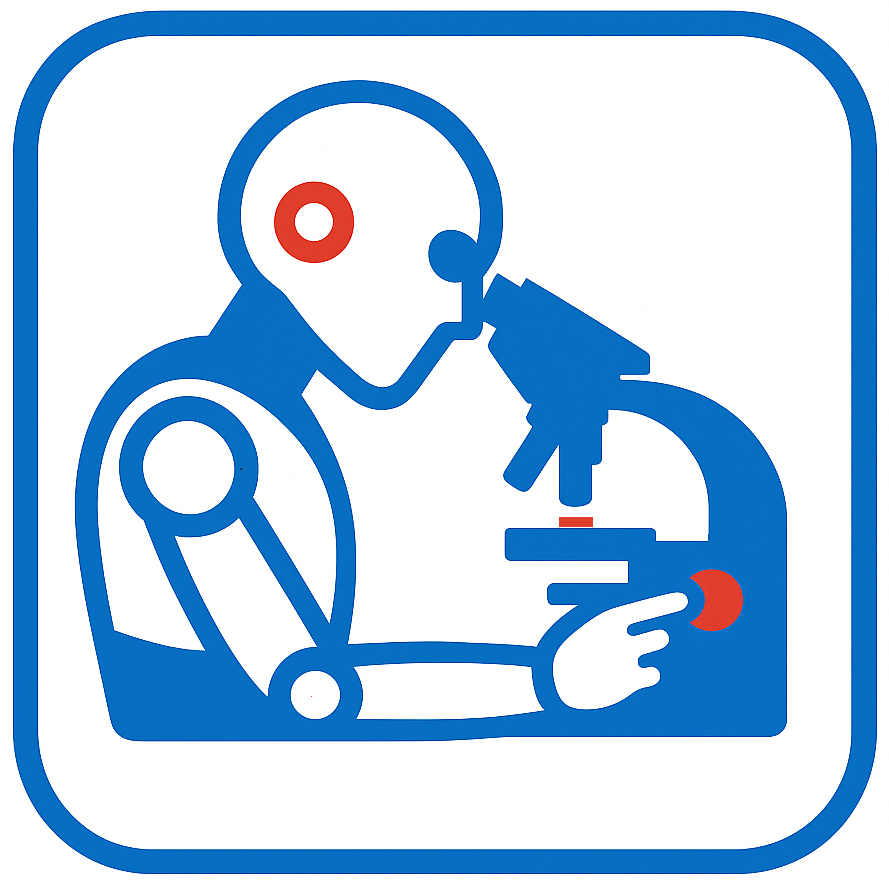

TSH (thyroid-stimulating hormone) is a pituitary signal that tells your thyroid how much hormone (T3 and T4) to make. When thyroid hormones are too high, TSH levels drop as part of your body’s feedback system. A low TSH can therefore mean your thyroid is producing too much hormone — a condition called hyperthyroidism — or it may simply reflect recent medication or health changes.
Is a TSH level of around 0.2 too low?
Most laboratories set the lower limit of normal near 0.4 mIU/L. A TSH around 0.2 is usually considered low and may reflect early or subclinical hyperthyroidism, especially if T4 or T3 are normal to slightly elevated.
Can low TSH return to normal?
Yes. Low TSH often improves after adjusting thyroid hormone medication, recovering from an acute illness, resolving thyroiditis, or correcting iodine intake. Repeating the test helps confirm whether it is temporary.
When should I worry about low TSH?
Low TSH deserves closer attention when it persists on repeat testing, occurs with elevated T4 or T3, or causes symptoms such as palpitations, anxiety, heat intolerance, or weight loss. These patterns may suggest Graves’ disease or thyroid nodules requiring evaluation.
Understand Your Lab Results in Seconds